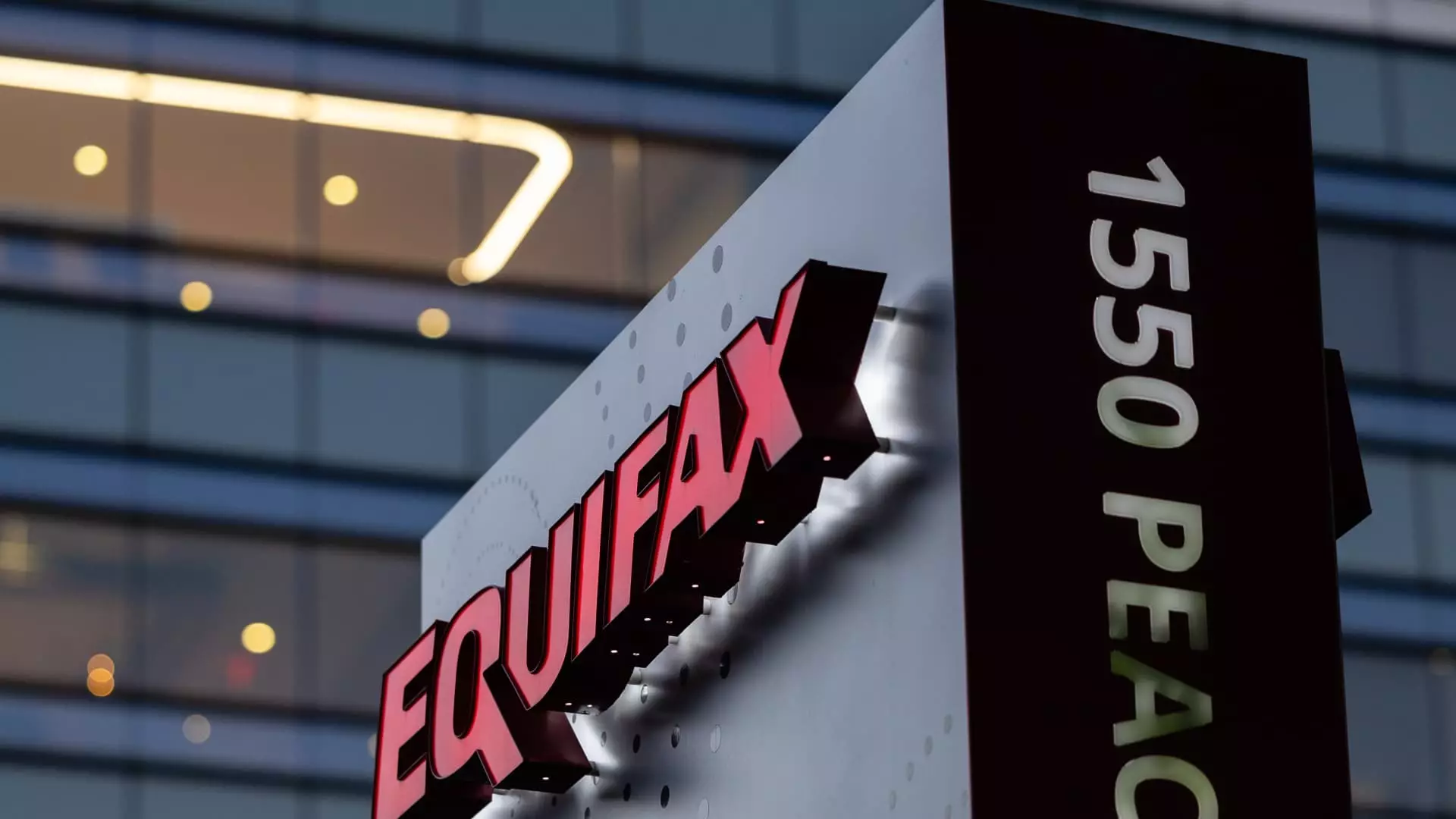In a substantial action taken by the Consumer Financial Protection Bureau (CFPB) against Equifax, one of the three leading credit reporting agencies in the United States, the company has been fined $15 million due to significant errors associated with consumer credit reports. The CFPB’s announcement on Friday reveals serious allegations pertaining to Equifax’s flawed processes in handling consumer disputes over inaccurate information. This fine not only serves as an enforcement action against a major player in the financial services sector but also highlights the critical nature of accurate credit reporting in consumers’ lives.
The CFPB has accused Equifax of a series of severe missteps that included disregarding evidence provided by consumers, reinstating inaccuracies that had previously been corrected, and using problematic software that resulted in incorrect credit scores. Specifically, the bureau noted that Equifax failed to conduct proper investigations into disputes, which is a fundamental element of their responsibility under the Fair Credit Reporting Act.
Credit reporting is an essential system that maintains records of consumers’ borrowing behaviors and repayment histories. The implications of inaccuracies can be far-reaching; as Adam Rust, director of financial services at the Consumer Federation of America, noted, erroneous information could significantly hinder a person’s ability to secure loans, obtain employment, or even rent housing—critical components of daily life.
Equifax’s mismanagement of disputes is alarming, especially when considering that the agency processes approximately 765,000 consumer disputes monthly. The potential harm these errors can inflict is massive, leading to financial repercussions that can alter the stability of millions of consumers. Overcharging, being denied loans, or even losing housing opportunities can stem from these inaccuracies, emphasizing why stringent oversight of credit reporting agencies is vital to consumer protection.
Rust stresses that individuals must be vigilant in monitoring their credit reports at least once each year. The CFPB’s findings indicate a need for heightened awareness among consumers regarding the management of their financial records. Missed discrepancies can result not just in immediate inconveniences but in long-term financial fallout.
In response to the allegations and subsequent penalty, Equifax’s spokesperson mentioned that the company aimed to dissolve concerns following the CFPB’s lengthy investigation. In recent years, Equifax has invested over $1.5 billion toward upgrading its technological infrastructure and improving customer support systems along with the dispute resolution process to guard against future errors. The spokesperson emphasized the company’s resolve to assist consumers in making informed financial choices and acknowledged that even a single reporting error is one too many.
However, while these investments and changes are commendable, they prompt questions regarding Equifax’s previous laxity. It’s critical for consumers to assess whether these corrective measures are sufficient to restore trust after a series of mistakes that have compounded over time.
Importantly, Equifax is not the only credit bureau under scrutiny; the agency’s practices are reflective of a broader pattern within the credit reporting industry. Recently, the CFPB filed a lawsuit against Experian for allegedly conducting inadequate investigations into disputed credit report errors. Chi Chi Wu, a senior attorney at the National Consumer Law Center, has pointed out that these issues have plagued the credit bureau industry for decades, showcasing a systemic problem that necessitates comprehensive reforms in how consumer disputes are managed.
With the existing vulnerabilities in credit reporting practices, consumers are urged to take proactive steps to safeguard their financial well-being. Monitoring credit reports regularly is crucial. The three major credit bureaus allow individuals to obtain a free copy of their report once a week, making it easier to identify and rectify discrepancies as they arise.
Should a consumer discover inaccuracies, it is essential to dispute these errors in writing, accompanied by documentation, and to send the correspondence via postal mail to ensure proper record keeping. Filing complaints with the CFPB and the relevant state authorities can further enhance the chances of a successful resolution. Moreover, keeping a persistent line of communication open may ultimately help strengthen an individual’s case should the need for legal recourse arise.
Ultimately, the severe repercussions faced by Equifax serve as a grim reminder of the importance of accountability in the credit reporting industry. Given the stakes involved in debt management and personal finance, consumers must remain vigilant and proactive in overseeing their credit profiles. Furthermore, stakeholders—including lawmakers and regulatory bodies—must champion continuous reforms to ensure that practices within credit reporting agencies prioritize accuracy and accountability for the millions relying on those reports.

